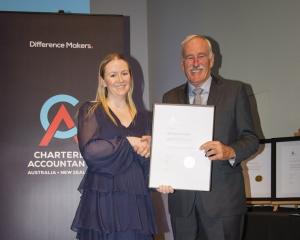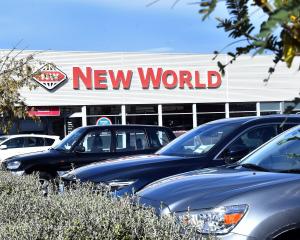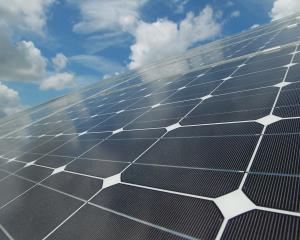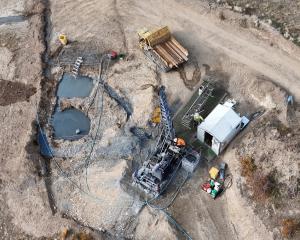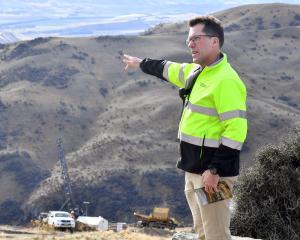New Zealand's inflation should be at 2%, the mid-point of the Reserve Bank's 1% to 3% range but it is not likely to have reached that point in the three months ended June, according to forecasts from economists.
In fact, economists have given a wider range of forecasts than normal, ranging from up 0.1% in the June quarter to 1.2% annually from ANZ, to up 0.6% to 1.7% in the same periods from Westpac. The Reserve Bank is forecasting inflation to be 1.5% at the end of June.
Statistics New Zealand will release the consumer price index, the official measure of inflation, tomorrow.
ANZ economist Miles Workman said the risk domestic inflation remained sluggish for longer was increasing.
The Reserve Bank would remain cautious until there was more certainty inflation was increasing in a broad-based, sustainable way.
The small quarterly rise reflected a mix of higher fuel prices plus some of the usual ups and downs in other categories, he said.
A 3.5% quarterly rise in petrol prices was expected to make the largest contribution to quarterly headline inflation, followed by a seasonal rebound in international airfares. Higher airfares were exacerbated by higher fuel costs.
A seasonal rise in fruit and vegetable prices would also contribute.
As had been the case for some time, the housing group was expected to remain at the fore.
Both rents and the purchase of housing were expected to rise, Mr Workman said.
Quarterly rent inflation was likely to decelerate following the student-induced bustle of the March quarter.
"Stepping aside, we're starting to question how long housing-related inflation will last. After running hot for so long, anecdotes are beginning to suggest building cost inflation may be starting to decelerate.
"And given inflation outside of housing has been generally subdued, we wonder how much softer the overall picture will become if inflationary pressures fail to broaden."
Westpac senior economist Michael Gordon said his forecast was higher than the Reserve Bank expected. The difference was forecasts on the tradables side of the consumer price index, some of which would reflect the jump in fuel prices late in the quarter.
Fuel prices had played a major role in the gyrations of inflation in recent years and their influence was likely to linger for longer.
Given the rise in oil prices to date, plus the planned rises in fuel taxes, Westpac expected annual inflation to reach 2.1% by the end of this year - above the Reserve Bank's 2% mid-point for only the second time in seven years.
"For this to be sustained into next year, we would need to see a further surge in world oil prices and/or a continued slide in the exchange rate."
Home-grown inflation pressures were increasing but tended to be gradual. It was still some way from the levels consistent with 2% inflation overall, Mr Gordon said.



